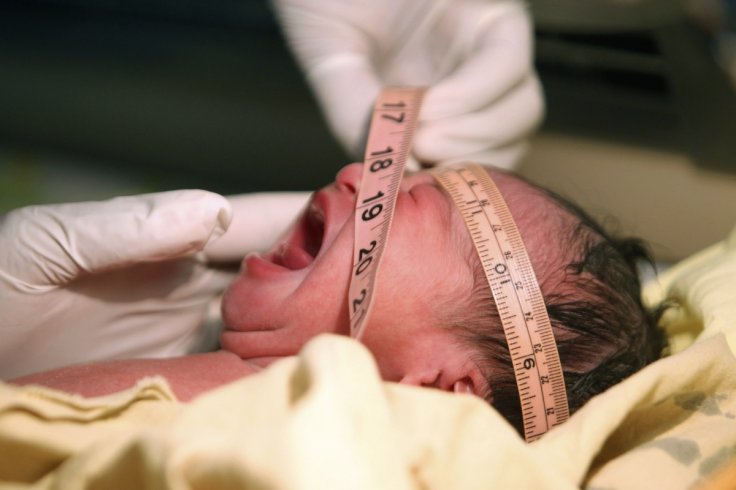
After the birth of a child, he or she cries out loud, which is a sign of health and vigour but unlike the grown-up children, the newborn babies don't shed tears.
Tears, which are necessary to protect the eyes and keep them moist, are not shed by new-borns because a baby born with not fully developed tear ducts, said Sage Timberline, a paediatrician at the University of California, Davis, Children's Hospital in California.
As per the doctor, tears appear when one is faced with extreme emotions such as sadness, anger or even happiness and can help release stress-inducing hormones. But in terms of newborn babies, they only produce enough tears to coat the eyes to keep it moist. They are however not enough to form drops that trickle down their cheeks, Livescience quoted the doctor.
A baby's tear ducts usually mature to form teardrops associated with strong emotions after three or four weeks of their birth, Timberline said. Sometimes it may take two months for the lacrimal glands -- the small, almond-shaped organs underneath the top eyelid and above the eyeball -- to fully develop in a baby.
"How much we actually cry depends on how good the drainage system is, versus how much tears the glands produce," Dr Phillipa Sharwood, a Brisbane-based pediatric ophthalmologist and member of the Royal Australian and New Zealand College of Ophthalmologists, told Mamamia.
The eyes, as well as the skin of a newborn baby, are dry. A newborn hardly sweats for the first couple weeks after the birth because the sweat glands are not yet fully functional.
The two types of sweat glands -- eccrine and apocrine glands -- are formed in newborns even if do not yet produce sweat.
Apocrine glands secrete sweat through hair follicles and only get activated after hormonal changes during puberty, while the Eccrine glands start forming during the fourth month of gestation and appear first on the fetus's palms and soles of its feet.
According to the doctor, the newborns rely on caregivers to keep them cool. If a baby is too warm, remove a layer of clothing or use a fan to keep the air circulating.
Some babies sweat too much while feeding or sleeping, said Katie Ellgass, a paediatrician at Stanford Children's Health Altos Pediatric Associates in Los Altos, California because a baby is often close to their caregiver while feeding and the body heat gets transferred.
Read more









